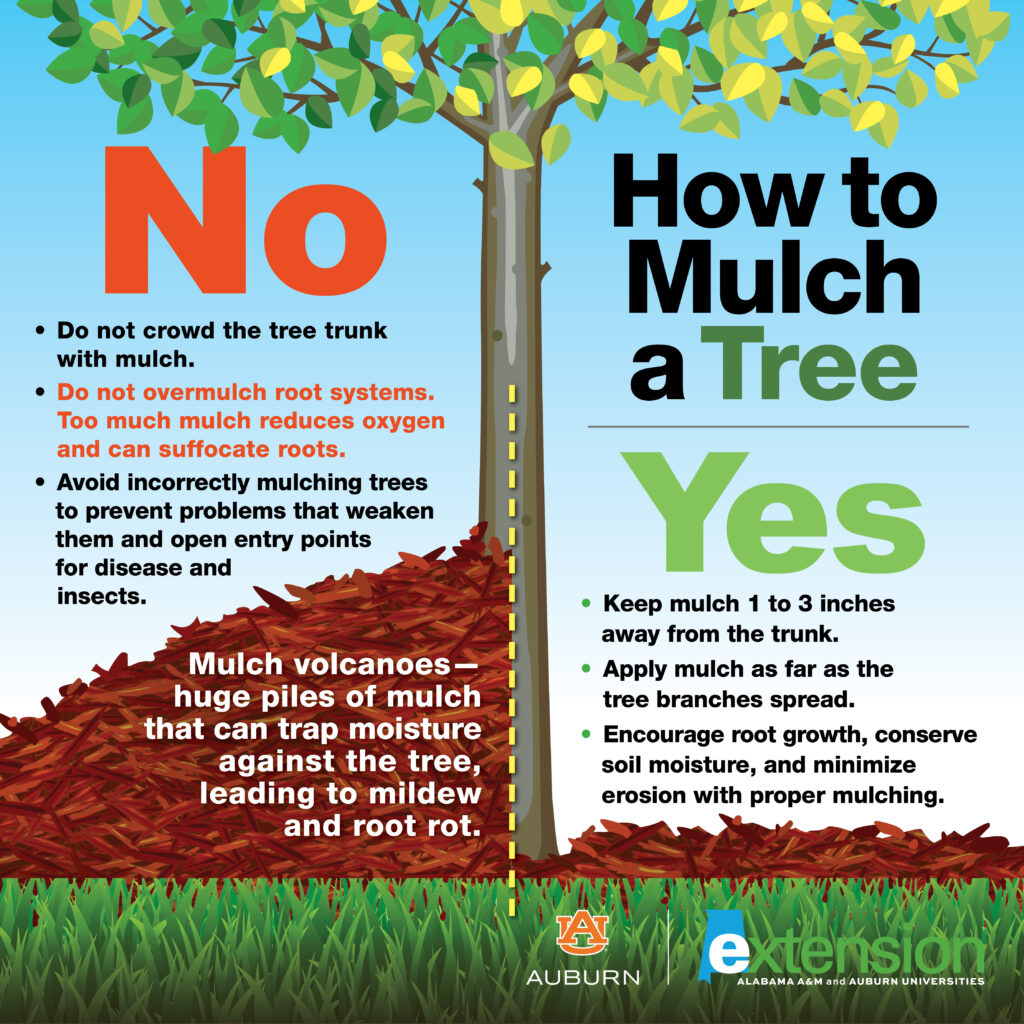If you’ve ever walked past a beautifully maintained garden and wondered what makes it look so polished and healthy, chances are mulch played a big role. Mulch isn’t just a finishing touch — it’s a powerhouse tool in landscape management. Whether you’re a homeowner, gardener, or land manager, understanding the benefits of mulch can transform how you care for your outdoor spaces.
So, what exactly is mulch? At its simplest, mulch is any material — organic or inorganic — spread over the soil surface. Common types include pine bark, wood chips, straw, shredded leaves, and even shells or gravel. But beyond aesthetics, mulch serves several critical functions backed by research and field experience.
Moisture retention and soil health
One of mulch’s most important jobs is helping soil retain moisture. According to related studies, mulched soil loses significantly less water to evaporation compared to bare soil. This is especially valuable in hot climates or during dry spells. By keeping the soil cool and moist, mulch reduces the need for frequent watering — saving time, money, and resources.
Mulch also improves soil structure over time. Organic mulches break down slowly, adding nutrients and encouraging beneficial microbial activity. This natural composting process enhances soil fertility and supports plant health. Think of it as feeding your soil a slow-release diet.
Weed suppression
Weeds are the bane of every gardener’s existence. Fortunately, mulch acts as a natural weed barrier. By blocking sunlight, it prevents weed seeds from germinating. Research shows that a 2- to 3-inch layer of mulch can reduce weed growth by up to 90%. That means less time spent pulling weeds and more time enjoying your landscape.
Temperature regulation
Mulch acts like a blanket for your soil. In summer, it keeps roots cool; in winter, it insulates them from freezing temperatures. This buffering effect helps plants thrive year-round and reduces stress caused by extreme weather fluctuations.
Erosion control and aesthetic appeal
Mulch also plays a key role in preventing soil erosion. During heavy rains, it helps anchor the soil, reducing runoff and protecting plant roots. Plus, let’s not forget the visual impact — mulch gives landscapes a clean, cohesive look.

Tips for installation
To get the most out of your mulch, follow these
best practices:
• Clear the area first: Remove weeds, grass, and debris
before applying mulch. This ensures a clean surface
and better weed control.
• Use the right depth: Apply mulch in a layer about
2–3 inches thick. Too little won’t suppress weeds,
and too much can suffocate plant roots.
• Keep mulch away from stems and trunks: Avoid
piling mulch directly against plant stems or tree
trunks (i.e., volcano mulching; see illustration at left).
This can trap moisture and lead to rot or pest issues.
• Refresh annually: Organic mulch breaks down over
time. Replenish it each year, rather than fully
replacing it, to maintain its benefits and appearance.
Mulch is more than a decorative layer — it’s a strategic tool for healthier, more resilient landscapes. From conserving water and suppressing weeds to enriching soil and protecting plants, mulch delivers a host of benefits that make it a must-have in any outdoor space.
Bethany O’Rear, a horticulturist for more than 20 years, is a regional agent with the Alabama Cooperative Extension System, specializing in commercial and home horticulture.




